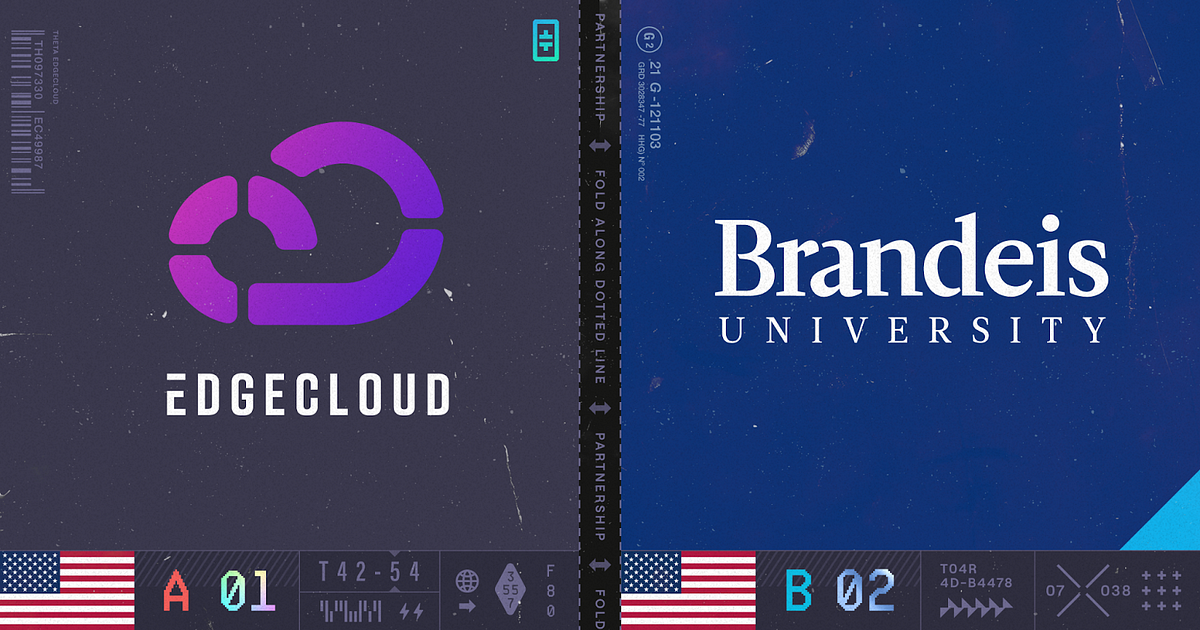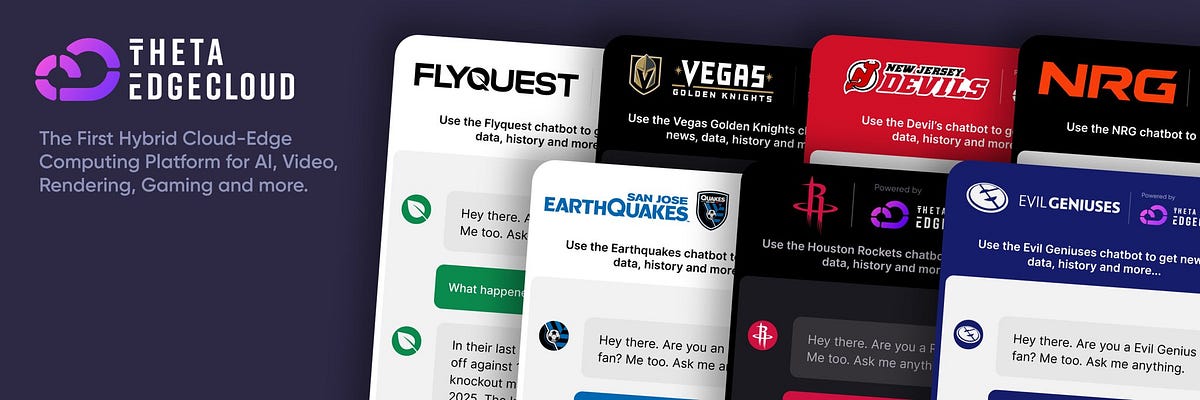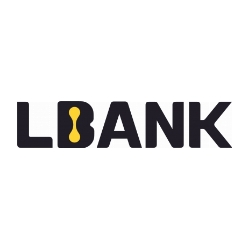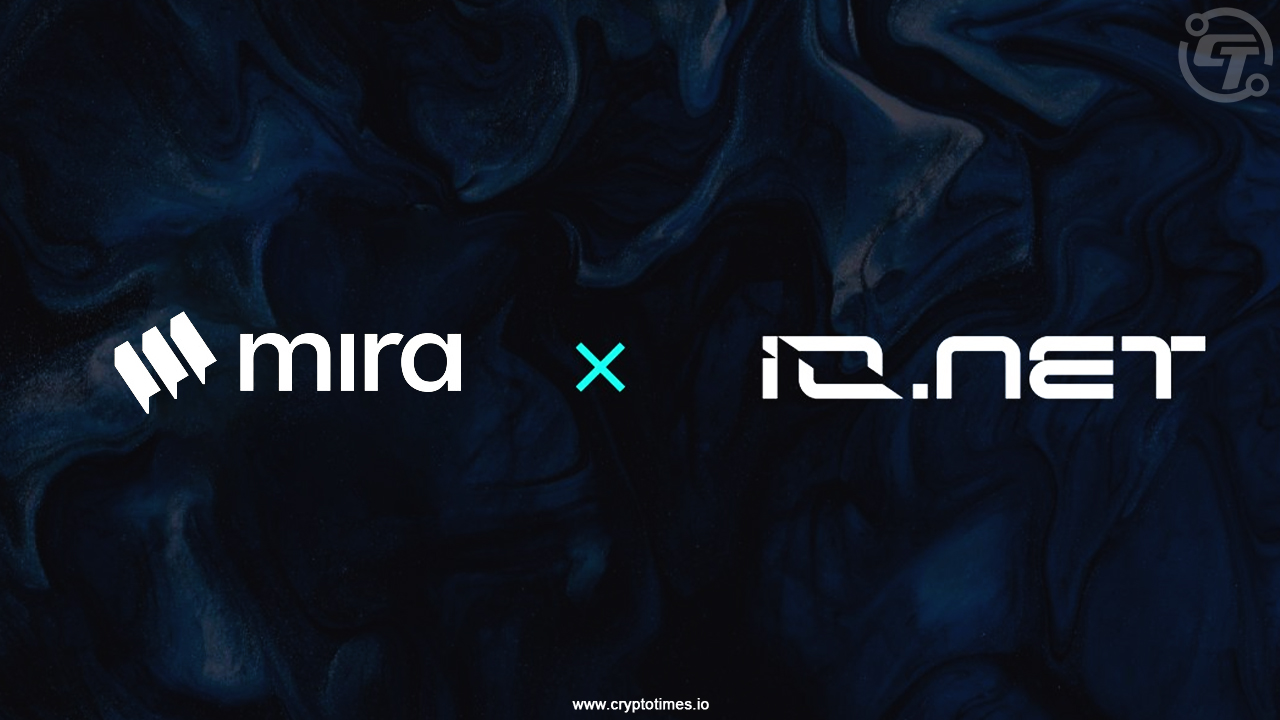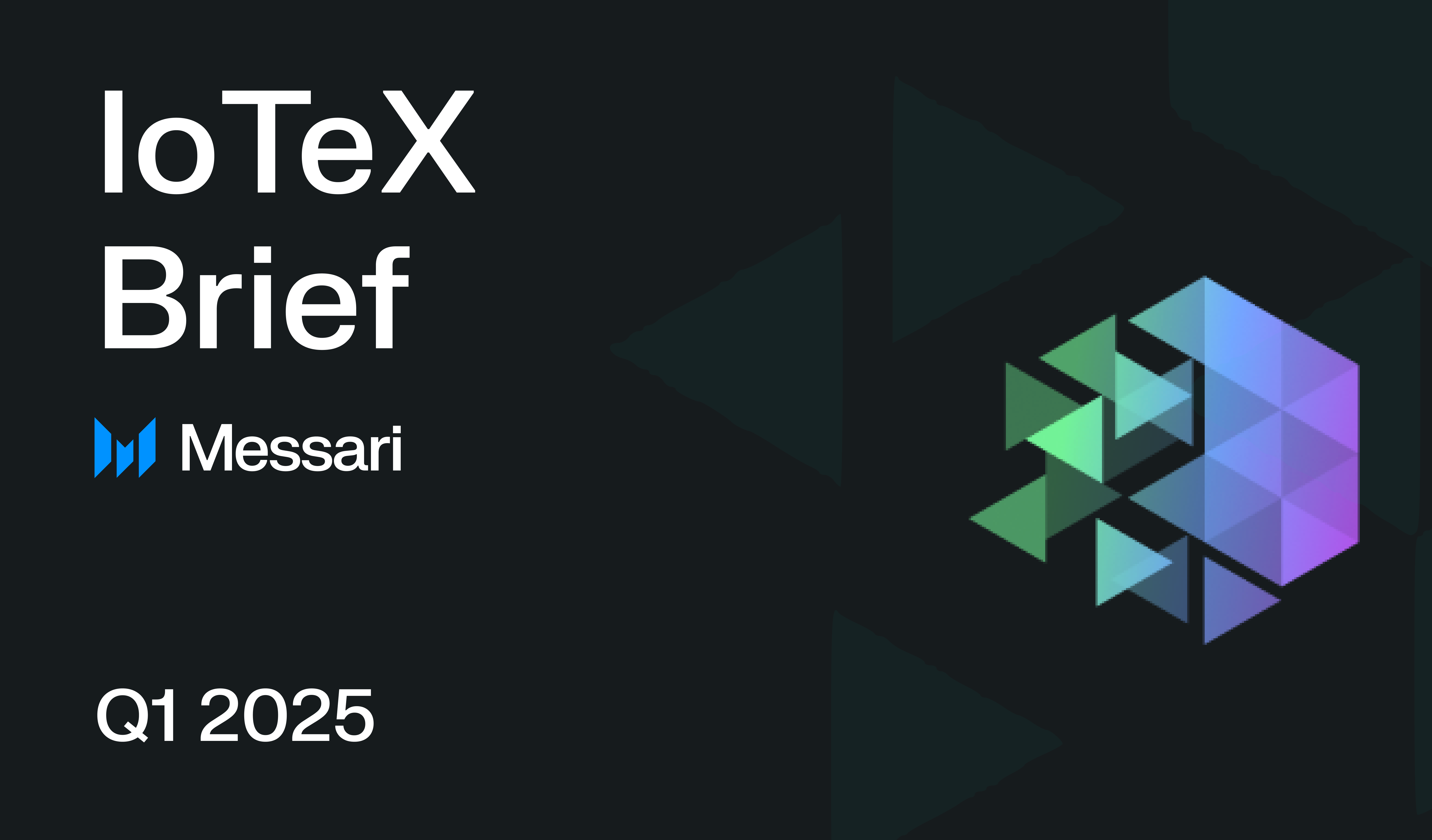Stratos Partners with Voltix AI to Revolutionize Decentralized Computing
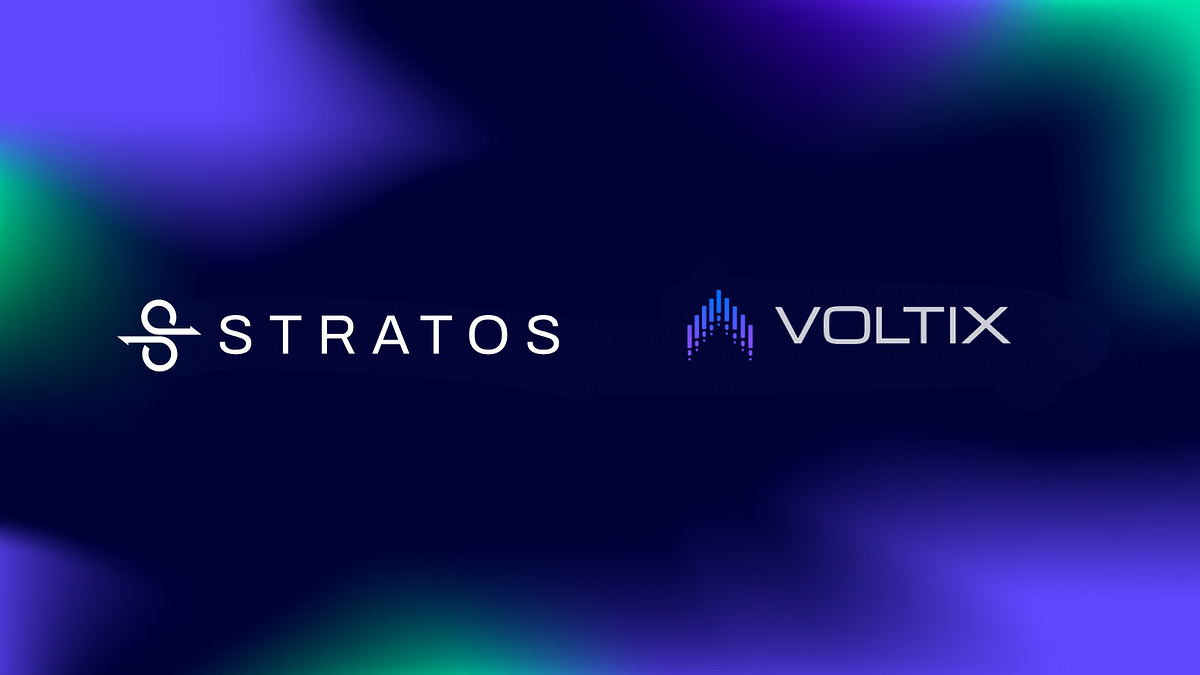
Stratos has announced an exciting partnership with Voltix AI, a cutting-edge decentralized computing platform, aimed at enhancing AI training, high-performance computing (HPC), and Web3 applications. As the demand for AI computing power and decentralized data storage continues to soar, traditional cloud providers are often seen as expensive and centralized, leading to potential bottlenecks. This collaboration seeks to dismantle these barriers by offering a trustless, distributed, and incentive-driven ecosystem that supports developers, businesses, and Web3 applications alike.
Voltix AI optimizes AI and HPC by utilizing idle CPU power, while Stratos complements this by providing secure and high-performance storage solutions. The fully decentralized nature of this partnership eliminates central points of failure, ensuring both scalability and reliability for users. Additionally, the incentivized ecosystem is a key feature, where Stratos rewards storage providers through its Proof-of-Traffic mechanism, and Voltix AI encourages contributions to computing resources. This innovative approach not only enhances performance but also fosters a collaborative environment for all participants.
Moreover, Stratos’ API facilitates seamless video streaming, enabling private and high-quality streaming for AI-driven content. By integrating decentralized storage, computing, and AI workloads, Stratos and Voltix AI are paving the way for a future where developers and enterprises can operate independently of traditional centralized cloud providers, ultimately leading to a more efficient and resilient technological landscape.
Related News
